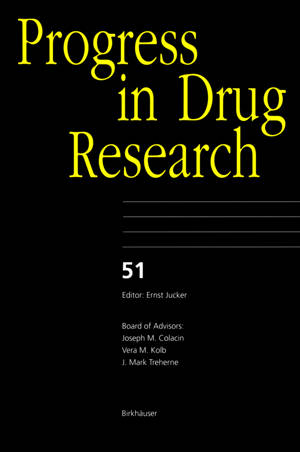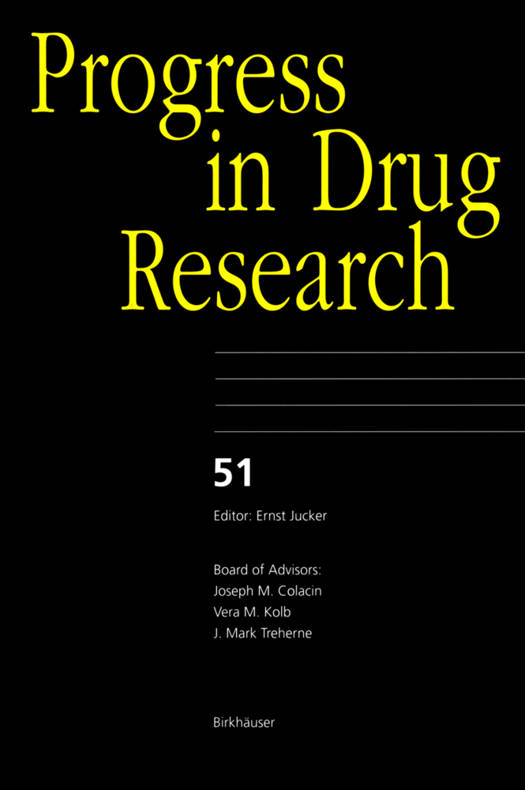
- Retrait gratuit dans votre magasin Club
- 7.000.000 titres dans notre catalogue
- Payer en toute sécurité
- Toujours un magasin près de chez vous
- Retrait gratuit dans votre magasin Club
- 7.000.000 titres dans notre catalogue
- Payer en toute sécurité
- Toujours un magasin près de chez vous
52,95 €
+ 105 points
Description
Due tothedevelopmentofdrugresistanceandotherlimitationsinthe treat ment of AIDS patients with reverse transcriptase (RT) inhibitors like zidovu dineandothers, itbecamenecessarytoexploreantiviralagentsactingontar getsotherthan RT. Inthepastfewyears, hundredsofHIVproteaseinhibitoLs have been synthesized and tested. Among these protease inhibitors, saquinavir, ritonavir, indinavir and nelfinavir have been marketed during 1995-1997. In this review, emphasis is placed on the development of HIV protease inhibitors as antiviral agents against HIV, structure-activity rela tionship (SAR) analysis ofsaquinavirand relatedcompounds, comparisonof four marketed HIV protease inhibitors, and future prospect in developing new anti-HIV drugs. 2 Introduction HIV protease inhibitors 3 HIV protease as a target for chemotherapy HIV protease was first suggested as a potential target for AIDS therapy by Kramer et a1. in 1986 [5]. HIV protease is a proteolytic enzyme responsible for cleaving large numbers of amino acid sequences. This enzyme regulates conversionoftheselargeaminoacid sequencesintobiologicallyactive struc tural and functional protein products. Specifically, HIV protease is responsi the enzymatic processing of the gagand gag-pol genes of HIV, which ble for encode for functional core proteins and viral enzymes (reverse transcriptase, ribonuclease H, integrase, and HIV protease). The polyproteins encoded by the gagand gag-pol genes undergo post-translational processing by HIV pro tease to form functional protein products as the viral particles budding out from infected cells. Therefore, inhibition of HIV protease by a protease inhibitor results in the release ofimmature, noninfectious viral particles [4]."
Spécifications
Parties prenantes
- Auteur(s) :
- Editeur:
Contenu
- Nombre de pages :
- 326
- Langue:
- Anglais
- Collection :
- Tome:
- n° 51
Caractéristiques
- EAN:
- 9783034897983
- Date de parution :
- 12-11-11
- Format:
- Livre broché
- Format numérique:
- Trade paperback (VS)
- Dimensions :
- 170 mm x 244 mm
- Poids :
- 544 g







